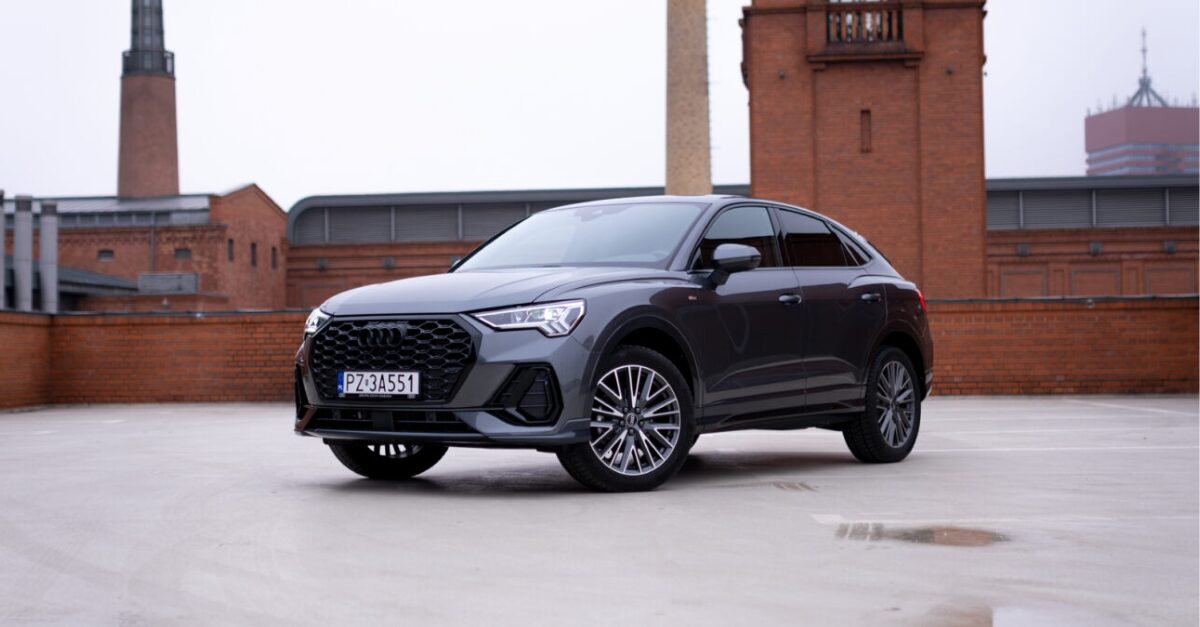
Europeans remain loyal to their favourite brands, according to the latest Bloomberg Intelligence (BI) report on car buying plans. This is important for traditional manufacturers as they try to maintain their position in the market in the face of increasing competition from new players such as Tesla and imported Chinese electric vehicles (BEVs). What else did the survey of Old Continent consumers reveal?
The survey found that as many as 62% of respondents confirm their intentions to stay with their current car brand, while only 14% are considering a change. Only less than one fifth of private buyers express a preference towards electric vehicles. This brand loyalty plays a key role for traditional manufacturers, helping them defend their market share against the growing threat from new players such as Tesla and Chinese electric vehicles.
European consumers still prefer internal combustion engine (ICE) models, especially plug-in hybrids (PHEVs), over electric vehicles. Hybrids are growing in popularity, with both plug-in hybrids (PHEVs) and hybrid electric vehicles (HEVs) gaining an equal number of followers, although their shares of sales in 2023 were only 8% and 10% respectively. Only 18% of respondents planning to buy a car in the next year expressed a preference for a BEV, while 46% preferred hybrids. It is worth noting that consumer reluctance to switch to electric cars is increasing.
– European carmakers are backing away from EV sales targets for 2024 due to consumer apathy. Our latest survey shows that less than one in five private buyers prefer electric vehicles, says Michael Dean, senior industry analyst at BI.
Germans set their sights on choosing the same car
The survey results could also be a potential stumbling block for pure players such as Tesla and new Chinese players, as up to 74% of consumers are reluctant to buy imported vehicles. This is good news for domestic European brands, but with the caveat that their success depends on strong customer loyalty to the brand.
Where is brand retention highest? In Germany. Only 10% of those surveyed are unlikely to buy the same car again. This is a very good sign for the German carmakers’ share of the domestic market, which is close to 60%. Stellantis’ Peugeot, on the other hand, had the lowest loyalty rate. However, there is a small source of hope for optimism in this situation. The main reasons for switching brands were the possibility of buying a more expensive model or the unavailability of the preferred car.
Europeans reluctant to opt for electrics
Michael Dean adds that EV sales targets for 2024 are being lowered by European carmakers due to growing consumer apathy. Fewer than one in five private buyers are opting for electric vehicles and almost half for hybrids. This is a phenomenon that works in favour of BMW, Mercedes and Toyota. On the other hand, it is disadvantageous for Tesla and Chinese brands. In BI’s survey of the most desirable brands, it is Tesla that has dropped from the leading position to fourth place. This is due to increasing competition in the BEV space. Who sits in first place? It is Audi, followed by Mercedes and BMW.
Additionally, European buyers want to be reassured about the quality, technology and value of used Chinese imports. The BI survey indicates that consumers’ main concerns are lack of charging points, range anxiety and high prices. And it is concerns about charging and range that are very likely to continue to worry consumers, as 77% of BEVs registered in Europe in 2023 had a range of less than 312 miles (500 km). Additionally, new car prices are too high in Europe. According to 83% of survey respondents, they indicated that they would make the purchase and save elsewhere. Despite this, 26% are likely to delay their purchase in anticipation of price reductions and 25% intend to buy a lower specification model.












